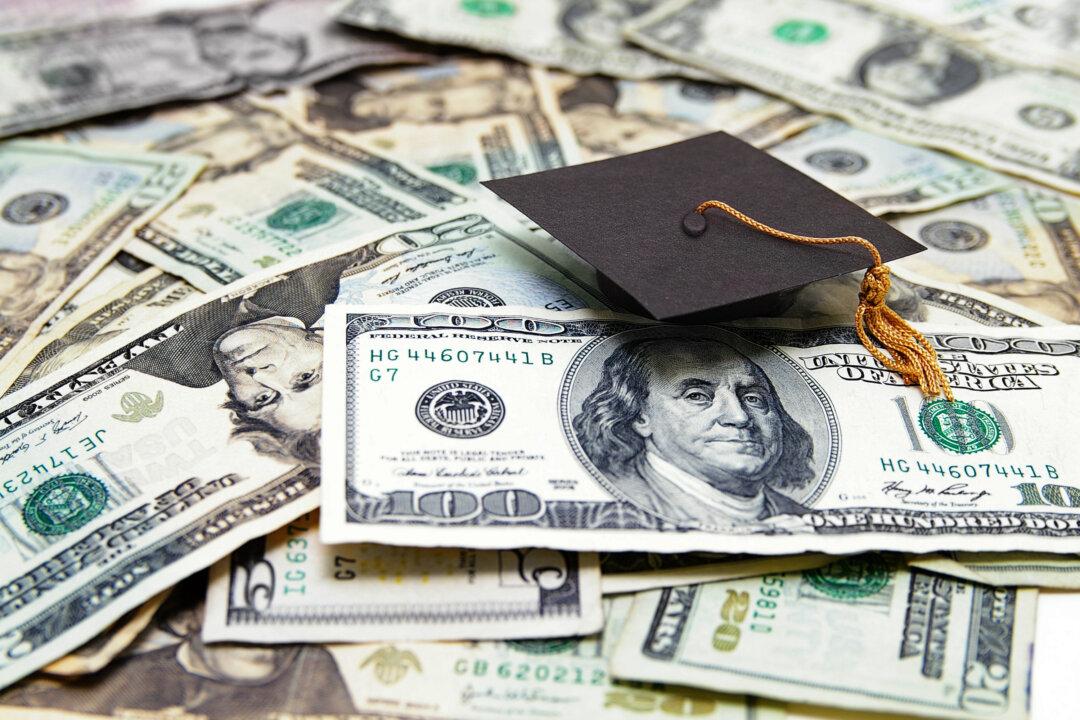Roughly 1 in 10 borrowers with existing student loans are refusing to pay them back as part of an intentional boycott aimed at pressuring the government into completely wiping out federal student loan debt, according to the findings of a new survey.
The survey was conducted by online magazine Intelligent.com in January among 1,000 federal student loan borrowers, and the age of respondents was balanced to reflect the demographics of student loan borrowers.




